How it feels to be diagnosed with cancer
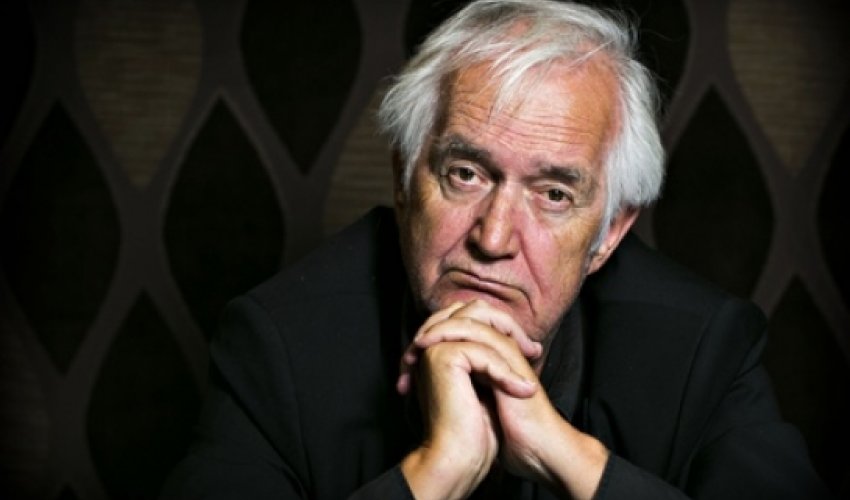
Looking back, I can now think of it all as a long drawn-out nightmare that paid no attention to whether I was asleep or awake.Then I began to clamber up out of the hole. I think that I am now back on ground level.I am a child of the 1940s. I think that everybody of my generation automatically associates cancer with death. Even if I know, as others do, that cancer research has undergone an incredible development over the past 50 years, and that cancer no longer indicates the inevitable outcome, the old conception no doubt lingers on somewhere inside me.I counter my lack of knowledge by reading as much about it as I can. And not least by listening to the doctors and other nursing staff I meet at the Sahlgrenska university hospital in Gothenburg.One day Eva, my wife, says: "You ought to write about waiting. Cancer diagnoses and cancer care involve waiting. And that is difficult for all concerned."She is right, of course. But there is one aspect of waiting that is essential. It involves doctors, pathologists and other nursing staff analysing meticulously the precise kind of tumours I am suffering from, and what treatment can be most effective.When I talk to V, a lung specialist who was active 20 years ago, she says that compared with the cytotoxins available today, which can be more or less "tailor-made" to treat specific tumours, what patients had to put up with in those days was pure "rat-poison".This waiting can be hard, at times unbearable: but there is nothing one can do about it. This waiting is unavoidable, provided there are no bottlenecks to hold up the diagnostic process unnecessarily. Naturally, while waiting, one feels utterly helpless.In my own case the 10 or 12 days that passed while I was waiting were filled by a very special kind of fear: I have a metastasis in a cervical vertebra. Had it had time to spread into my brain? If so, I could well imagine that the battle was over even before it had begun.When Eva and I sat with Dr M and she said that they had not found anything in my brain, that was a moment of great liberation. My cancer was just as serious as before, but that waiting – which at times had been horrific – had been rewarded with a piece of positive news. And I knew that doctors and other staff had been working as fast as they possibly could.But my thoughts are with those who may not have anybody else with whom they can share the angst associated with the waiting. People whose affliction is not clear-cut, and who may be forced to wait for an unnecessarily long time before a diagnosis is made, and treatment begun.There is also unnecessary waiting within cancer care, due to understaffing, bureaucracy, political shilly-shallying. We know that.During the last few weeks I have attended an endless number of clinics at the Sahlgrenska hospital, and only come across dedicated, competent and hard-working people. Some of them never seem to have any free time. And all of them seem to be driven by a determination to reduce people's waiting times as much as they possibly can. But you don't need to have special insight in order to realise that there are big problems with understaffing. Let us not even speak about what these people are paid.Within cancer care, the various dimensions of waiting should never be forgotten. I am convinced that so very many people suffer completely unnecessarily because they might not even know where to turn to in order to receive support.Now, at the beginning of February, it is about a month since my cancer was discovered. In a few days' time my treatment will start, with no holds barred.So the first waiting is now over. Now the counterattack against my tumours will begin. To expand the military image, it feels as if the cavalry will emerge from the edge of the woods and launch an all-out assault on the enemies that have invaded my body.I am immensely grateful that this is now happening. And that it has gone so quickly.When I look back at this month, I can see flickering images of a large number of people flashing past. Doctors, nurses and others. Without them I would not be where I am today.Another period of waiting is now beginning. But unlike a month ago, I am now the one going on the offensive.(theguardian.com)ANN.Az
























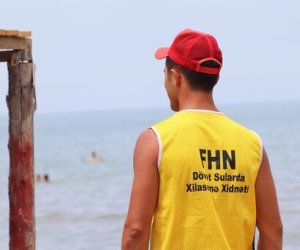

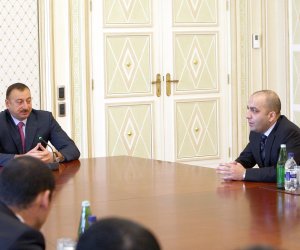
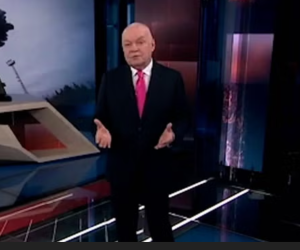
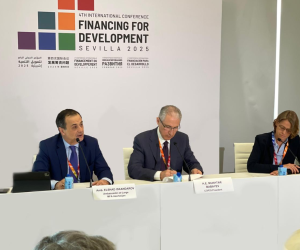
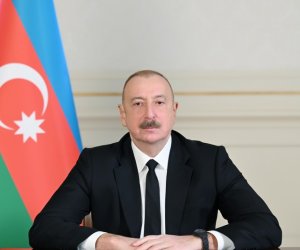
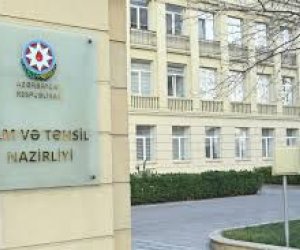
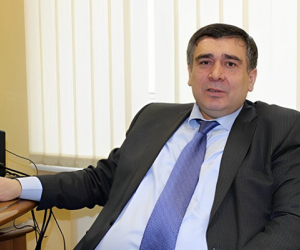
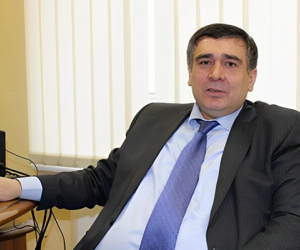



 Photo
Photo 



 Video
Video 

